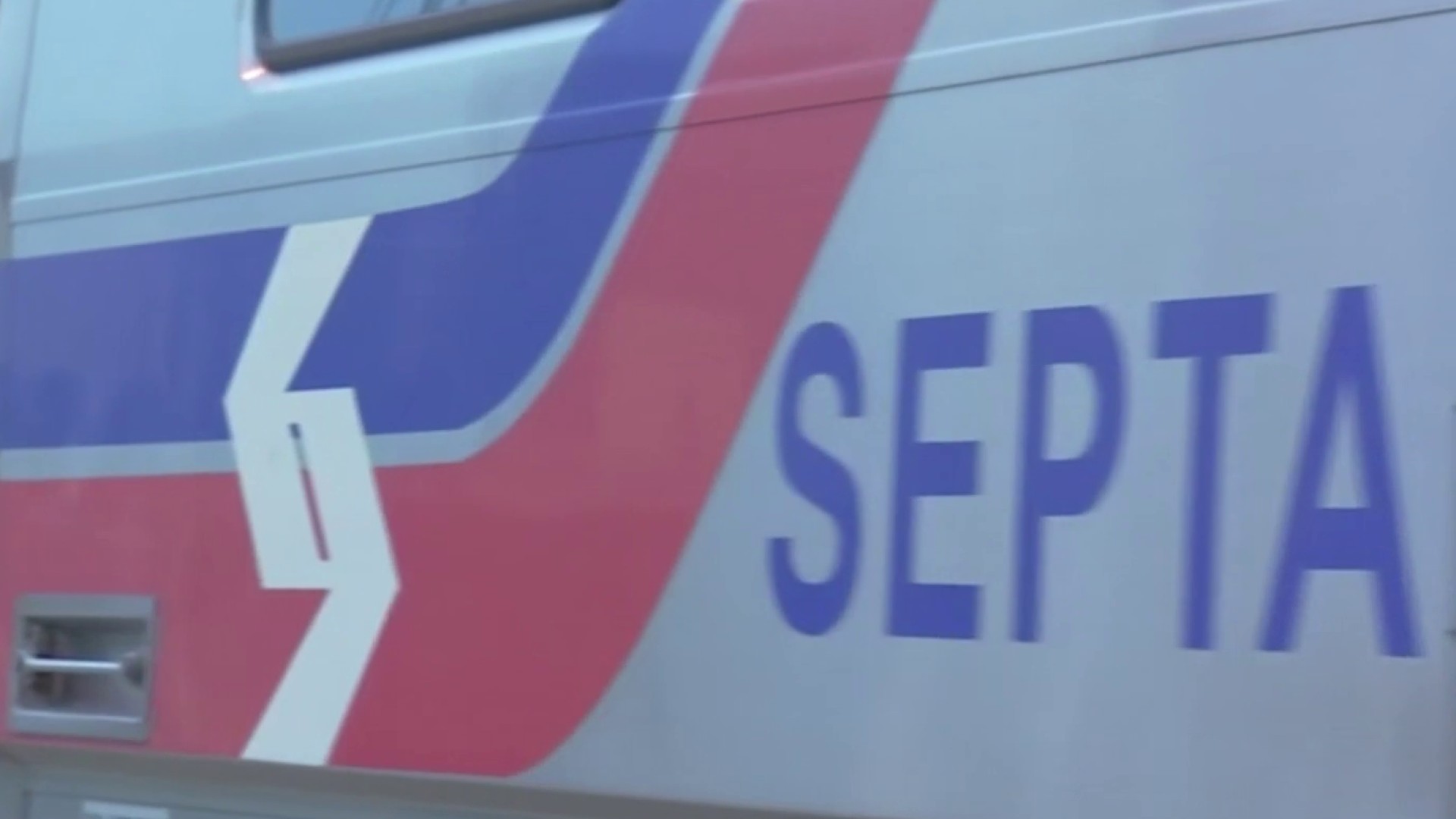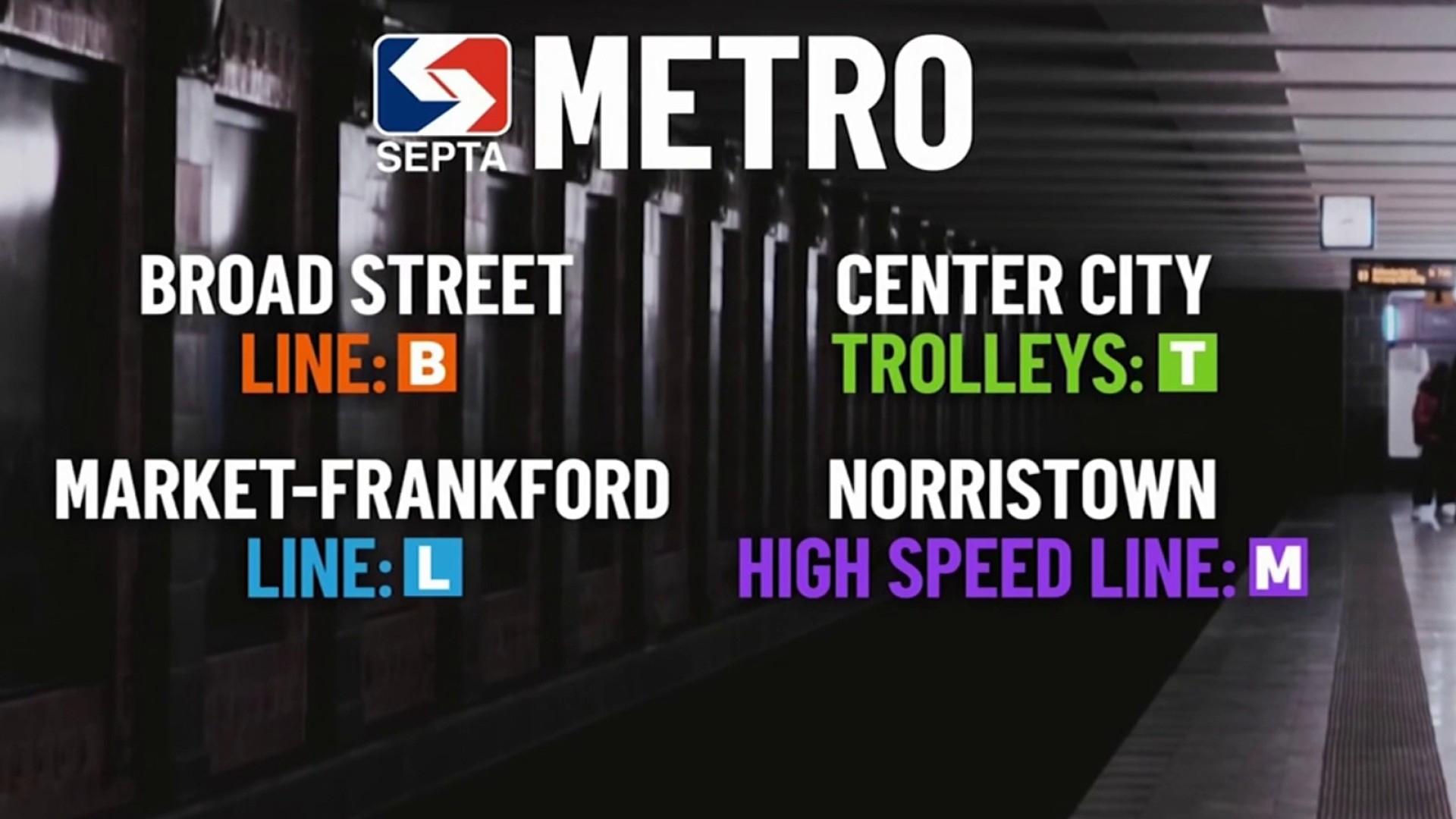A decade-old method of using Pennsylvania Turnpike toll revenue to pay nearly half a $1 billion annually to Philadelphia's mass transit system is set to expire next summer.
Philadelphia transportation officials this week described replacing the disappearing Turnpike toll money as "critical" to the future of SEPTA, noting that not even a federal infrastructure bill currently being debated in Congress would alleviate the loss of $450 million in state funding.
One idea that would provide a dedicate stream of revenue for SEPTA is "congestion pricing," which New York City has been considering for a few years. A story published this week by the news outlet Politico noted that the proposal, which would charge hefty fees to certain drivers who commute into Manhattan, is once again running into a political roadblock. New Jersey Gov. Phil Murphy vowed to fight such a fee tooth-and-nail.
Two years ago, Philadelphia said it would examine the New York City plan. But as political pushback has continued to hamper progress on the congestion pricing proposal, the idea remains no more than an abstract idea in Philadelphia City Hall.
Get top local stories in Philly delivered to you every morning. Sign up for NBC Philadelphia's News Headlines newsletter.
The city's deputy managing director for transportation, Michael Carroll, told NBC10 on Wednesday that there are no current plans for a congestion pricing initiative.
"The same issues that made it a challenging prospect in the past are the same that make it difficult today," Carroll said. He noted that the city would want to ensure fairness for certain commuters who have no choice but to drive into Center City for work.
However, tracking technology makes it easier than ever to build a congestion pricing model that suits particular cities' populations, mobility and traffic patterns, according to an economist at the University of Pennsylvania's Wharton School.
Professor Gilles Duranton, whose research includes traffic and mobility in cities across the globe, said congestion pricing has been implemented in places like Stockholm, London and Singapore.
Still, politics has often hampered more widespread use of taxing commuters who drive into crowded downtowns, he said.
"We know that works at some level of fee. If you make a price that’s high enough, it’s going to discourage people from driving," Duranton said. "That’s also the exact same reason people will get mad. If there is a $20 or $30 sort of fee to enter the city, that will make some people not very happy at all. That’s why it’s very difficult politically to enact."
That hasn't stopped progressive, urbanist groups like 5th Square, a Philadelphia political action committee, from pushing for congestion pricing as a way to help move commuters from cars to SEPTA.
"Congestion pricing in Philly would aim to solve two of the most pressing problems in transportation," Benjamin She of 5th Square said. "There is the cost associated with traffic congestion, especially on the Schuylkill (Expressway) and (Interstate) 95 coming into the city."
"The second thing is that it’s really one of the best ways to fund SEPTA and the rest of our transit systems in Philly," She said. "PennDOT and the state of Pennsylvania is set to sunset their dedicated funding provision, $450 Million. It’s all going away after 2022. Philly and all the counties, really, need to find a local funding to supplement that lost state money. Congestion pricing could be a really good way to do that."
CORRECTION (Thursday, Oct. 14, 2021): A previous version of this article incorrectly described Michael Carroll as a deputy mayor of Philadelphia. He is a deputy managing director.



